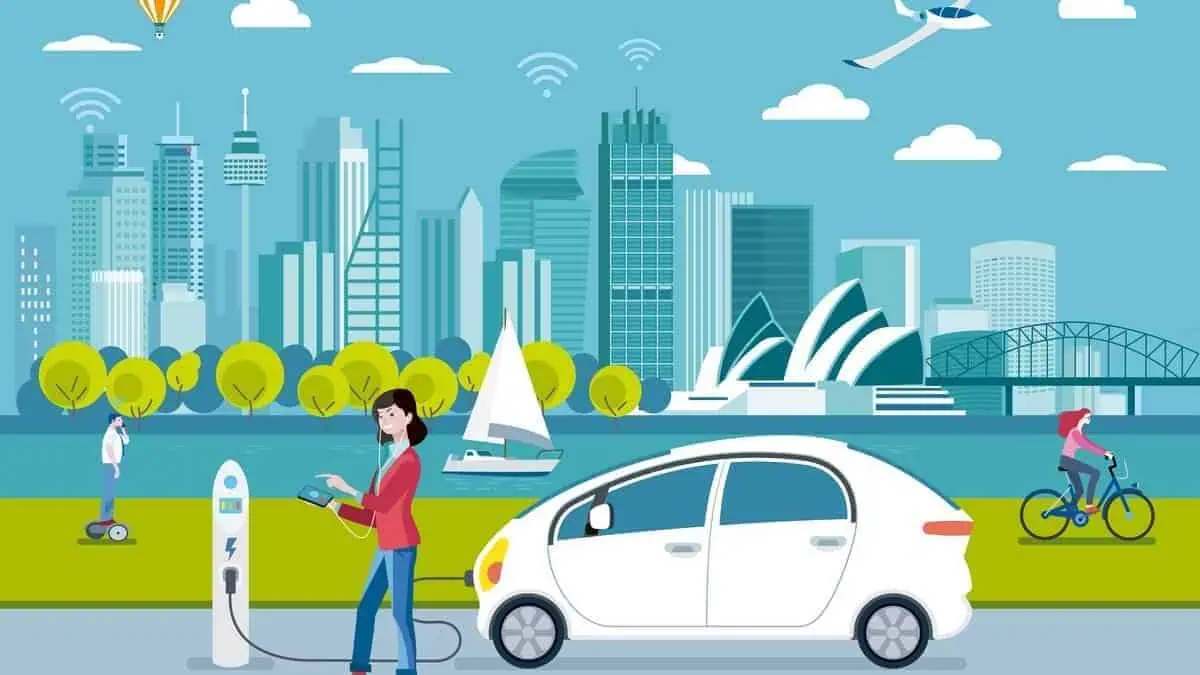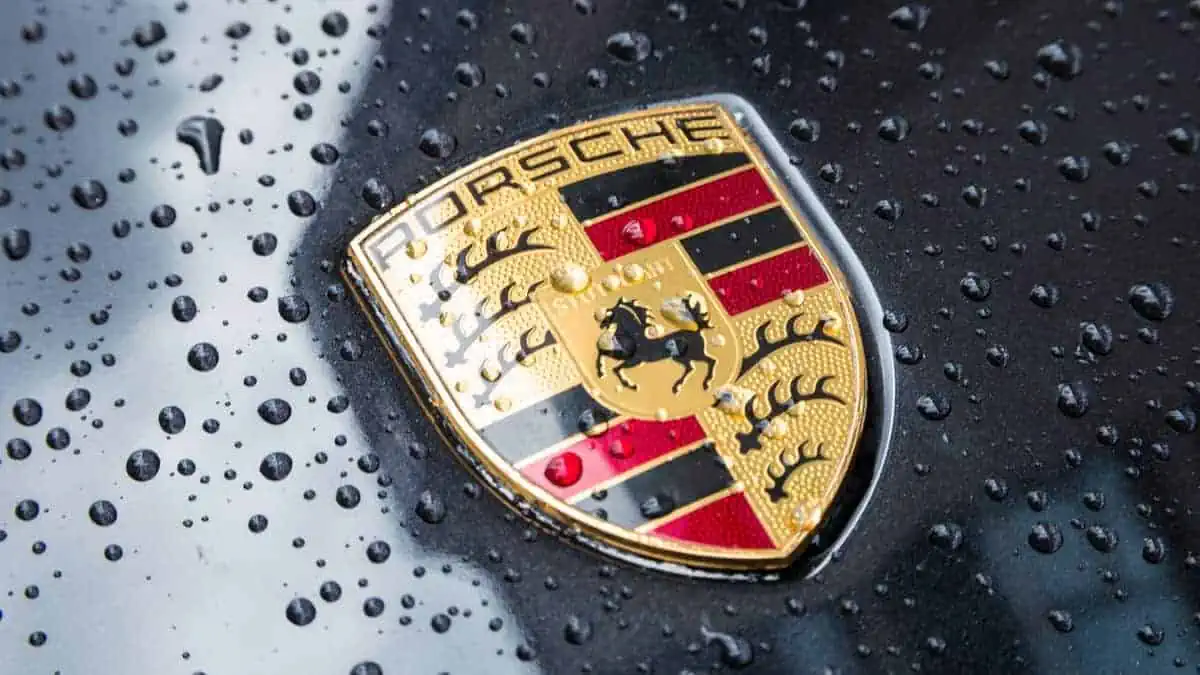The New South Wales (NSW) Government is developing a sustainable road-user system to ensure that all drivers contribute fairly to the cost of using the roads, as reported by Drive.
Eligible electric vehicles will be subjected to a road-user tax of 2.5 cents per kilometer (indexed to CPI) starting on July 1, 2027, or once EV sales reach 30% of total new vehicle sales.
According to the Future Transport Strategy, using road-user fees for electric vehicles will be a more equitable method to pay for the state’s roads than depending only on the federal government’s allocation of fuel excise. In fact, similar fees have been proposed by several state governments to ensure that electric cars do not get a free ride.
It is worth noting that the primary purpose of road-user fees is to make up for lost income from electric cars that do not pay the gasoline excise. From July 1, 2027, or when the state’s adoption of electric vehicles reaches 30%, the NSW Government intends to implement a per-kilometer road-user tax.
The proposed plan would replace current government expenses like registration, tolls, and stamp tax with a fixed tariff of 2.5 cents per kilometer for drivers of electric vehicles in NSW and 2 cents per kilometer for drivers of plugin hybrid vehicles (PHEVs). These drivers will be charged appropriately after filling out their logbooks.
Furthermore, all-electric vehicles priced below $78,000 are now exempt from stamp duty in NSW, and the first 25,000 vehicles priced below $68,750 that are acquired after September 1, 2021, are eligible for a $3000 refund.
Remarkably, road-user fees would encourage drivers to switch from gasoline and diesel-powered automobiles to electric vehicles, as claimed on the 120-page Future Transport Strategy report from the NSW Government.
| “There is an opportunity to reduce congestion and improve travel choices by exploring charges that are clearer, fairer, more efficient and more sustainable,” says the report. “The development of a roadmap for long-term reform of user contributions across the road and public transport networks provides an opportunity to explore how we can influence travel behaviour to tailor demand to the capacity of our existing networks. “Any long-term reform must consider the interdependencies with all modes, the relationship with parking, and equity considerations for customers who have limited travel options. “NSW is leading reform in road user charging to support the transition to electric vehicles. This will help provide a sustainable and efficient source of road funding into the future without acting as a brake on electric vehicle uptake.” |
Meanwhile. the state government of Victoria attracted backlash for requiring owners of plugin hybrid vehicles to pay the per-kilometer tax on top of the gasoline excise since July 1, 2021.
NSW Premier Dominic Perrottet stated that the government’s plan did not include a congestion tax, despite Infrastructure Australia’s prior recommendation that it be implemented in the state’s capital and charge drivers according to where and when they travel.
We don’t have any plans in relation to congestion charging and this has been raised before when elements of the document were released. This is important in terms of setting out the strategy for the future,” Mr Perrotett said, according to a report by The Sydney Morning Herald.“(A road user charge) is clearly the future, and ultimately, you pay a tax today – stamp duties, fuel excise – that’s the position today as we move forward to an EV (electric vehicle) future.“We know with electric vehicles being the future of road transport in Sydney, around the country and around the world that these new systems need to keep up with that choice.
NSW Premier Dominic Perrottet Notably, Infrastructure Victoria suggested last year that the registration, toll, fuel excise, and congestion charge components of the road-user fee model be adopted within 10 years.






